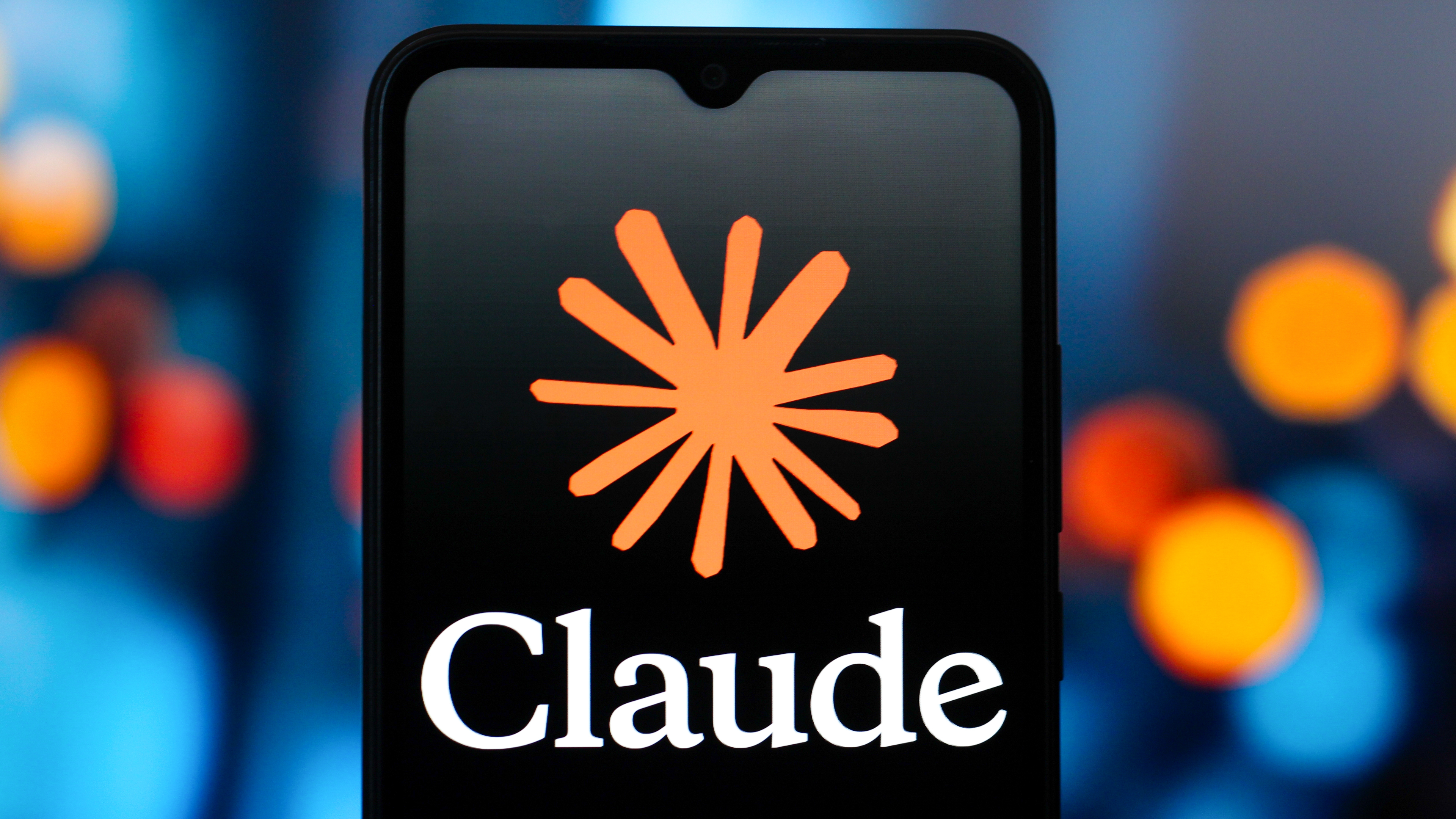I spent 2 weeks speaking to a Spanish AI — here's how Babbel finally helped me learn a language
A new way to approach language learning using AI
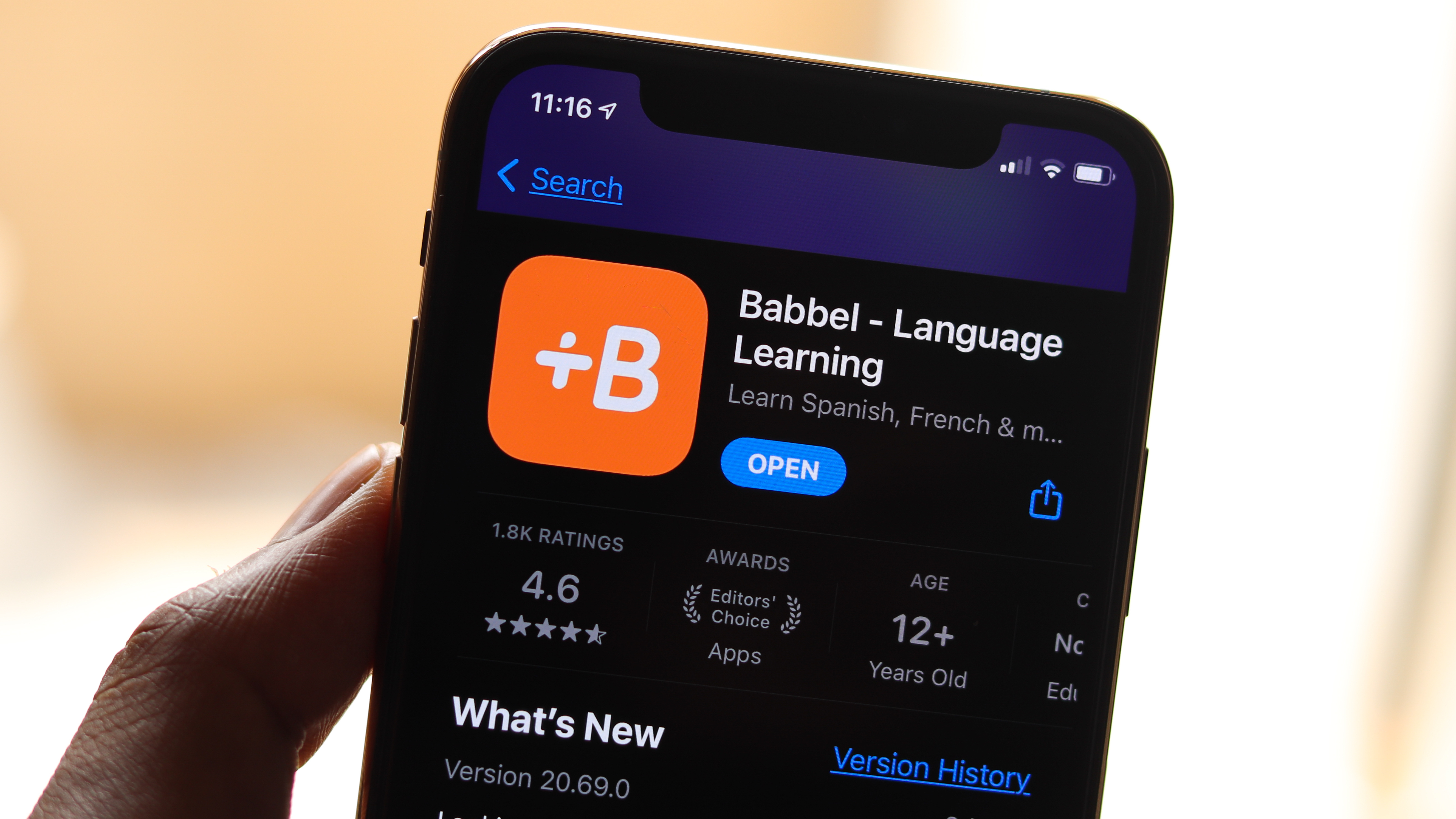
Here at Tom’s Guide our expert editors are committed to bringing you the best news, reviews and guides to help you stay informed and ahead of the curve!
You are now subscribed
Your newsletter sign-up was successful
Want to add more newsletters?

Daily (Mon-Sun)
Tom's Guide Daily
Sign up to get the latest updates on all of your favorite content! From cutting-edge tech news and the hottest streaming buzz to unbeatable deals on the best products and in-depth reviews, we’ve got you covered.

Weekly on Thursday
Tom's AI Guide
Be AI savvy with your weekly newsletter summing up all the biggest AI news you need to know. Plus, analysis from our AI editor and tips on how to use the latest AI tools!

Weekly on Friday
Tom's iGuide
Unlock the vast world of Apple news straight to your inbox. With coverage on everything from exciting product launches to essential software updates, this is your go-to source for the latest updates on all the best Apple content.

Weekly on Monday
Tom's Streaming Guide
Our weekly newsletter is expertly crafted to immerse you in the world of streaming. Stay updated on the latest releases and our top recommendations across your favorite streaming platforms.
Join the club
Get full access to premium articles, exclusive features and a growing list of member rewards.
It is often said that the best way to learn a new language is through conversation with native speakers. I don’t have a native Spanish speaker to hand, willing to sit through my butchering of their language, but Babbel might have the next best thing.
Babbel, one of the many language learning apps out there right now, has unveiled a new feature simply called ‘speak’. Currently in its beta testing version, this feature puts you into direct conversation with an AI.
In each scenario, the AI will initiate a conversation on a particular topic, requiring you to then reply into your microphone. These scenarios range from welcoming a new neighbour to spelling your name when booking a hotel room.
Unlike most app experiences, which simply require you to repeat phrases or click the right words, this feature makes you to actively engage with a ‘person’, thinking on your feet and trying to understand the conversation.
To add an extra challenge, for each scenario, you are given three conversational tasks to achieve, such as asking their name, introducing yourself, or making plans.
What is it like?
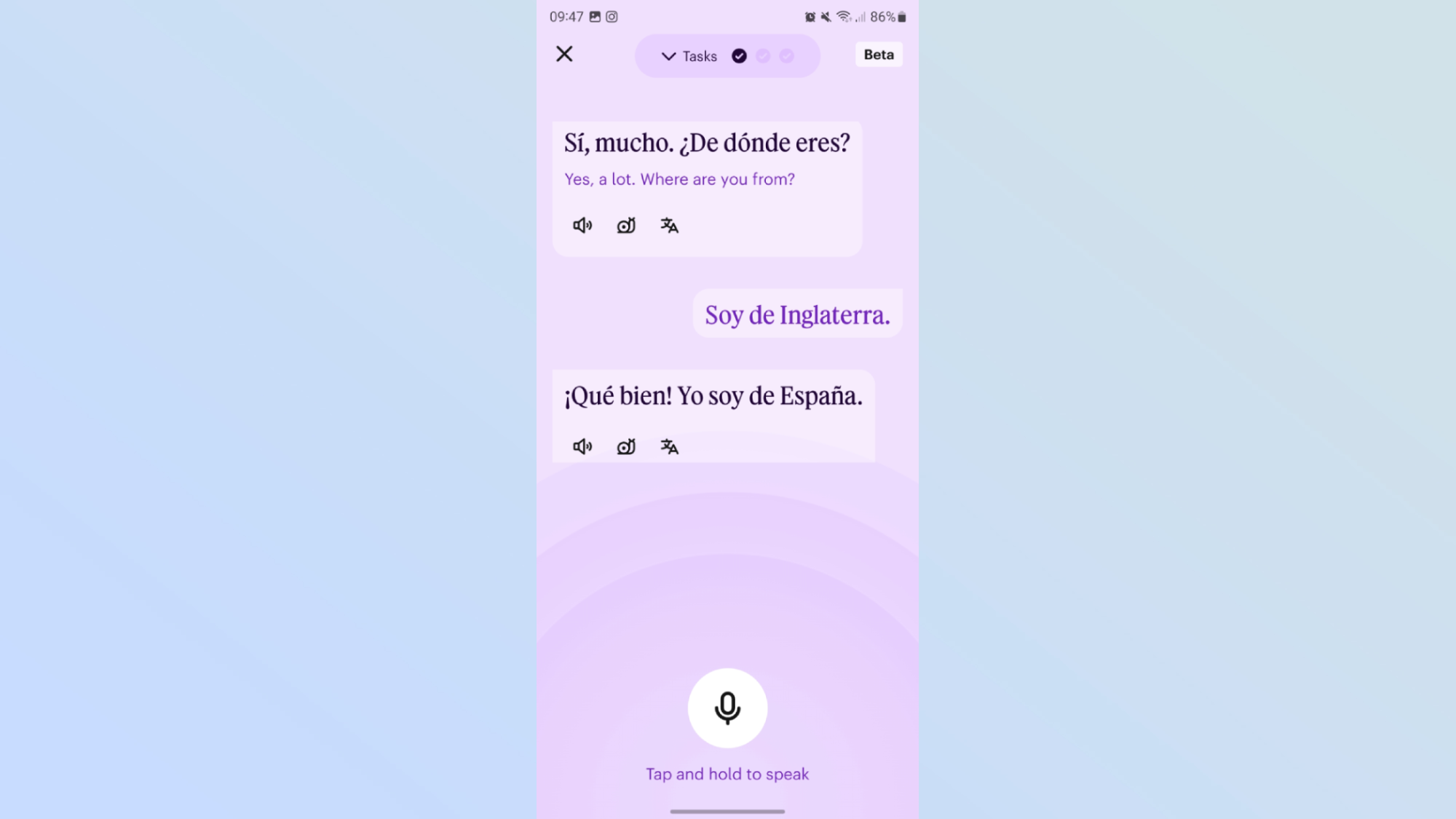
As I mentioned above, my Spanish-speaking ability is below average. I have spent time learning it on apps on and off for the past couple of years, with most of that knowledge now gone.
With that in mind, I didn’t have the highest hopes for being dropped into a conversation. Luckily, these conversations range from basic to more advanced. I started off with ‘say hi to your neighbor’.
Get instant access to breaking news, the hottest reviews, great deals and helpful tips.
This had three tasks for me to complete:
- Greet your neighbor
- Say how you’re doing
- Ask your neighbor how they’re doing
When you jump into a conversation, Babbel starts off the chat. Despite being an AI-generated voice, it sounds realistic, adopting a clear accent, which is important for learning pronunciation.
For each part of the conversation, you can ask for it to be slowed down, repeated, or translated into your own language. You can also ask for a hint if you’re not sure what to say.
The goal here is simply to speak back. The AI does alter itself to whatever you say. Which can be both good and bad. It allows for natural conversation flow, but it will also follow you if you go wildly off topic, or it will ignore the issue if what you're saying makes absolutely no sense.
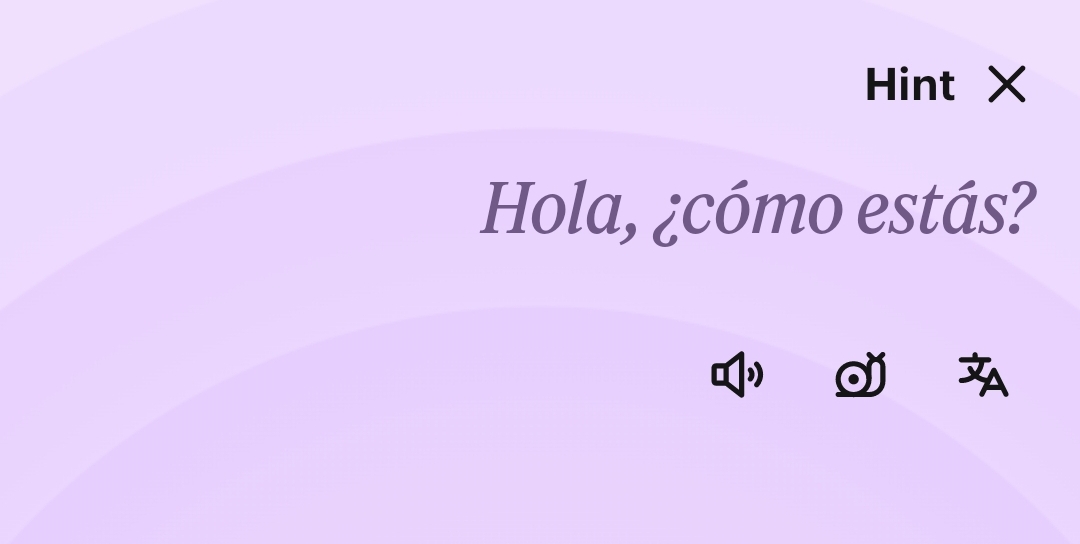
The app will also automatically correct whatever you’re saying into Spanish (or French or German or whatever). If your pronunciation is off but close enough, it won’t tell you, but it will just input the phrases anyway.
Each conversation is a simple back and forth. It is a nice system, offering a conversational learning style, without the pressure of a real person watching you bumble about trying to think of an answer.
These conversations are pretty short, lasting for five or six lines each before the AI wraps things up. Then, you’re greeted with a page listing all the new words you’ve learnt and a score of how many of your tasks you have completed.
Each conversation is pretty short, lasting for five or six lines each before the AI wraps things up
Despite still being in the early stages, there are quite a few conversations to try, spread out across different categories. Some felt more complicated than others, but they were mostly fairly straightforward.
You’re not going to be experiencing complicated conversations or unpicking complex ideas — it's mostly just introducing yourself and asking simple questions in return.
I did find that some of the conversations started to feel repetitive. I seemed to just be having similar conversations but with different scenarios, which could impact how engaged a user would stay with the app over a longer period of time.
What I would like to see added?
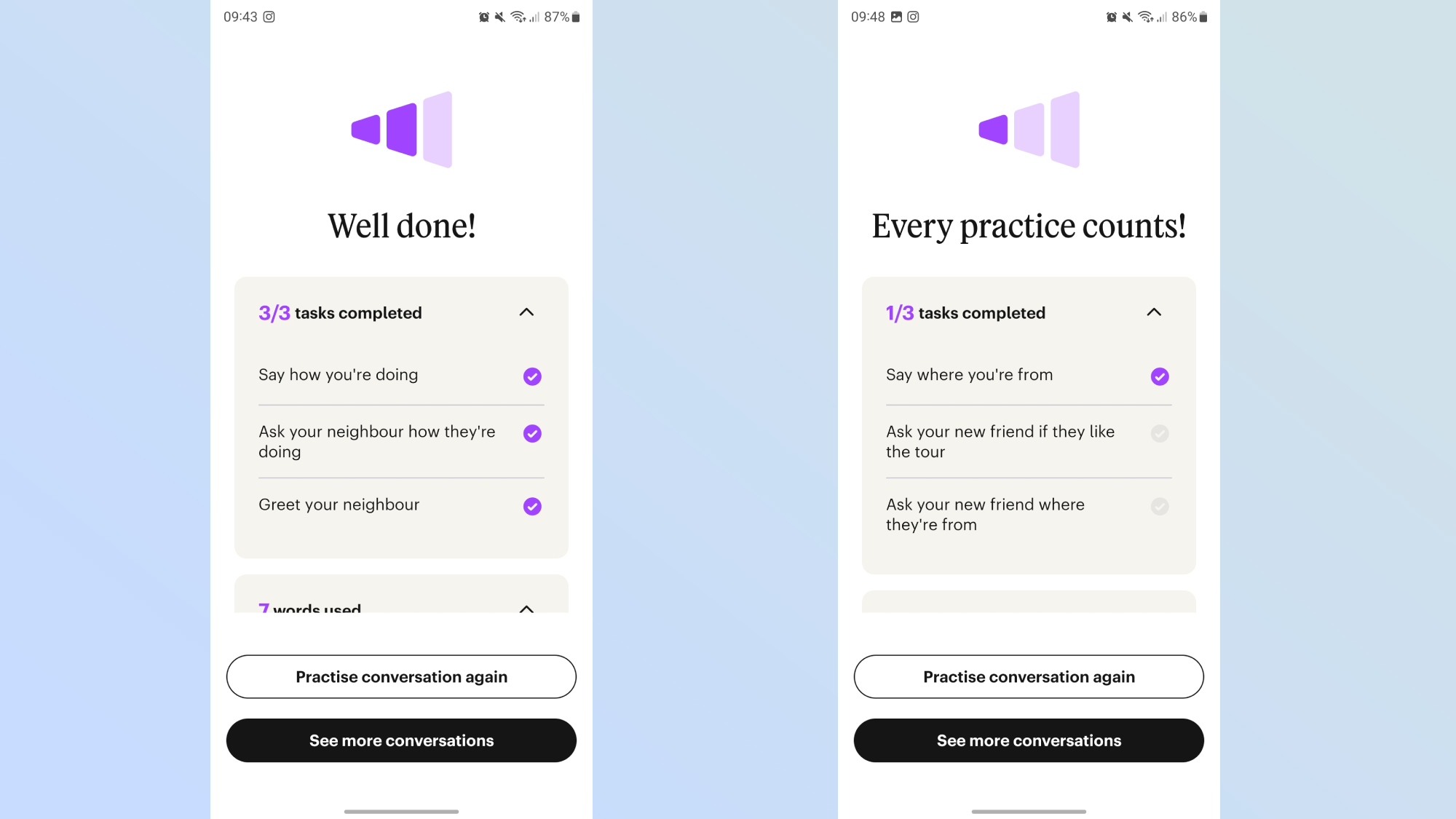
Like a lot of AI tools, it's too forgiving
This kind of AI voice technology is growing in popularity. Companies are using them to teach public speaking skills and how to complete a good interview. It was only a matter of time before it made its way into the language learning community.
In many ways, it's a great feature. It provides clear Spanish-speaking voices for you to hear, allows for a conversational learning style, and offers assistance where needed, but doesn’t force it on you.
However, like a lot of AI tools, it's too forgiving. You aren’t measured on your pronunciation or even your ability to have a conversation. You can reply incorrectly in a conversation, or quite frankly, say whatever you want as long as it is in the right language.
At one point, my mispronunciation of a common phrase went from a polite greeting to a complete rambling phrase, which the AI just completely ignored.
This is just a beta version, however. Hopefully, in the future, we’ll see Babbel develop the technology further, creating an AI that is more willing to be critical of your performance.
While there are improvements that need to be made, I’m hopeful that this is the future of language learning. Maybe I’ll finally actually be able to learn a language. Or I can at least convince myself that it is true.

Follow Tom's Guide on Google News and add us as a preferred source to get our up-to-date news, analysis, and reviews in your feeds.
More from Tom's Guide
- I tried Google Photos’ new ‘Help me edit’ tool on iPhone — and I’m already obsessed
- I replaced my journal with ChatGPT for a week — here’s why I’m sticking with it
- Nano Banana 2 leak just teased its power — here's the first images

Alex is the AI editor at TomsGuide. Dialed into all things artificial intelligence in the world right now, he knows the best chatbots, the weirdest AI image generators, and the ins and outs of one of tech’s biggest topics.
Before joining the Tom’s Guide team, Alex worked for the brands TechRadar and BBC Science Focus.
He was highly commended in the Specialist Writer category at the BSME's 2023 and was part of a team to win best podcast at the BSME's 2025.
In his time as a journalist, he has covered the latest in AI and robotics, broadband deals, the potential for alien life, the science of being slapped, and just about everything in between.
When he’s not trying to wrap his head around the latest AI whitepaper, Alex pretends to be a capable runner, cook, and climber.
You must confirm your public display name before commenting
Please logout and then login again, you will then be prompted to enter your display name.
 Club Benefits
Club Benefits




















